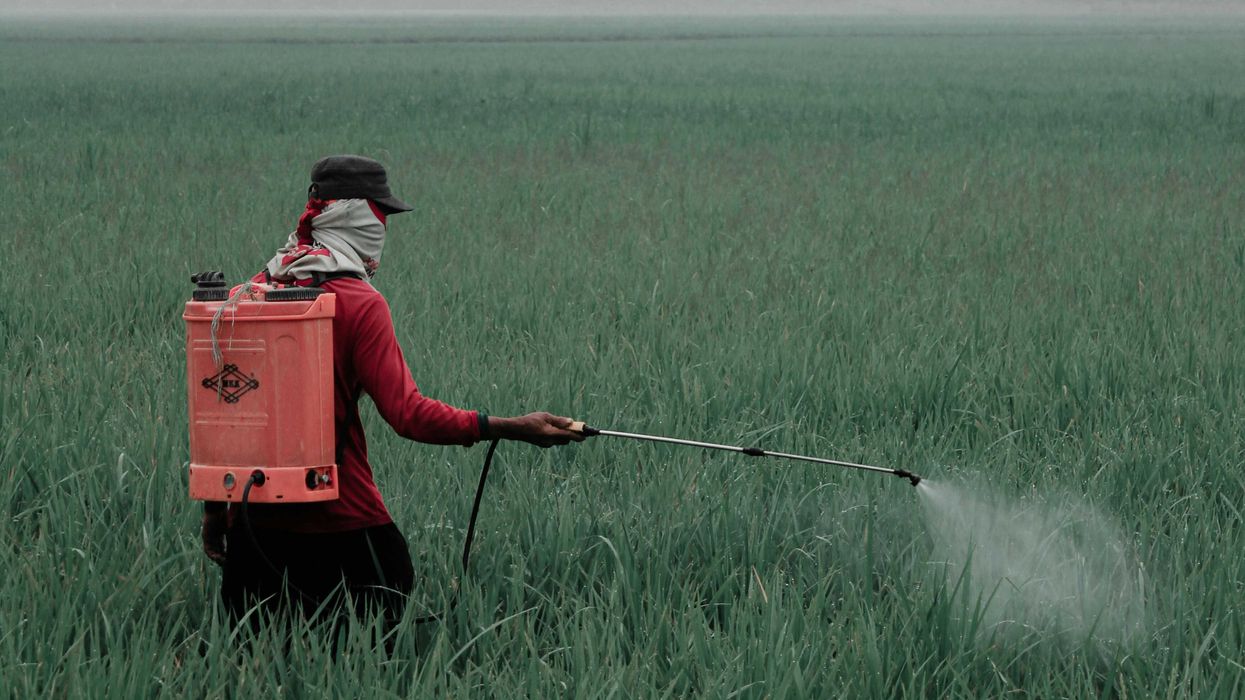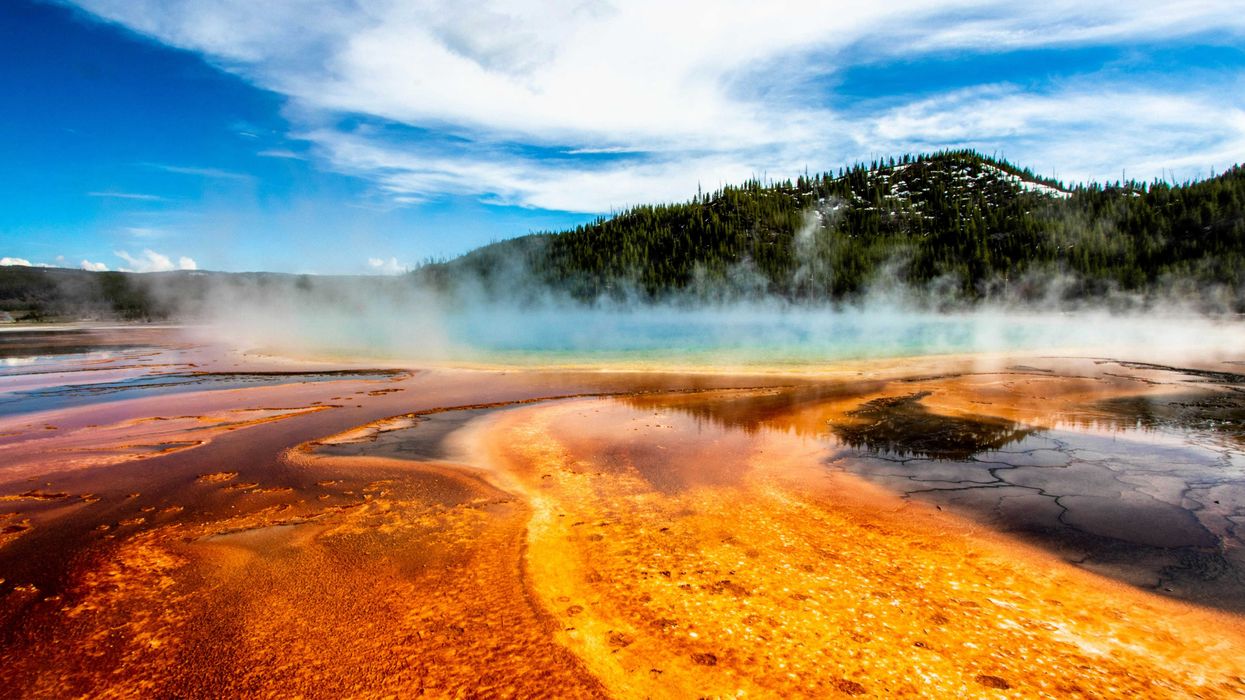Two cougars found dead in Washington with H5N1 show the bird flu may be spreading far beyond known hotspots — and silently infecting predators at the top of the food chain.
— Kylie Mohr reports for High Country News.
In short:
- The H5N1 bird flu strain has now been found in two wild cougars in Washington state, suggesting the virus may be circulating undetected through predator-prey networks.
- Wildlife experts are concerned the virus is infecting animals that appear healthy, complicating efforts to trace its spread and raising fears about risks to endangered species.
- While bird flu still poses a low risk to humans, experts warn that unchecked spread among mammals increases the chances of the virus mutating into a more dangerous form.
Key quote:
“This virus may be more widespread on our landscape than we know or think it is.”
— Katherine Haman, veterinarian, Washington Department of Fish and Wildlife
Why this matters:
If predators like cougars, who likely got exposed by eating infected birds or mammals, are carrying the virus without clear symptoms, then we’re flying blind. That could spell trouble not just for other species on the brink, but for humans. Every jump the virus makes into a new mammal is a roll of the evolutionary dice, a chance for bird flu to mutate into something more transmissible among people.
Read more:














